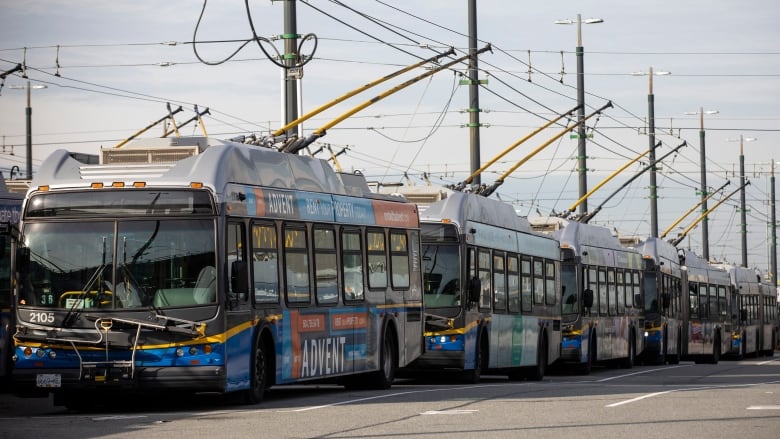 | Friday, May 21, 2021
Reading this online? Sign up to get this delivered to your inbox every Friday. | | Today’s Vancouver council controversy: small change, democracy destroyer — or another quagmire? | | |  | | | Often in local political debates, it’s hard to tell whether a proposal is a small change that could make things incrementally better at some point in the future or a fatal blow to accountability and the city’s character.
And so it is again in Vancouver this week.
A motion by Coun. Christine Boyle took up virtually all of council on Wednesday and will continue into next week, as 126 speakers signed up to debate whether the city should allow new social housing buildings in certain neighbourhoods (mostly Kitsilano and Grandview-Woodland) that can be up to 12 storeys high without requiring a rezoning.
It can sound ominous: tall buildings suddenly allowed in new pockets of the city without any consultation, usurping carefully considered neighbourhood plans of the past — until you consider the broader context.
First, the motion asks staff to bring forward recommendations, which would then go to a public hearing, which would then be voted on by council.
“My hope is the proposed change … could come back this fall, and that would mean that co-op and non-profit providers who were looking at development of existing older homes could get that work under way,” said Boyle.
If those changes did happen in the fall, they would likely be usurped quickly by the debate over the citywide plan, which could see a draft released as early as January.
And should those changes survive the citywide plan, they would then be relitigated in the election some months later, where plenty of mayoral and council candidates will look to overturn changes made over the last four years to promote increased density. “I'm hoping we can get that work done before we're fully engulfed in election mode,” said Boyle.
“But this is a tangible tool … that would make a real difference in terms of the number of affordable wage, non-market homes that get built for people who need them in our city.”
Assuming it all goes through.
It’s unfair to say that all of Vancouver is full of never-ending meetings, of the same groups of concerned citizens spending days in public hearings that ultimately accomplish little in the short term.
But this one could seem to fit that bill — though Boyle disagrees.
“We know we need this housing and there's no magic to it,” she argued.
“We have certain tools in our jurisdiction of the local government. And rezoning is one of the most powerful ones.” | | |  | | | 1. Vancouver | What else happened in city politics this week before everything was sidelined for another density debate? Well, council voted to allow alcohol consumption at three public plazas and made a formal public apology for the Komagata Maru decision. But as former councillor George Affleck pointed out this week, the citywide plans looms over every big decision in a way that could increasingly cause paralysis over the next 18 months.
Read more in Vancouver is Awesome | | | | |  | | | 2. Climate policy | But the big municipal debate during British Columbia Local Government Awareness Week (a real thing, we promise) was the province’s decision to remove an automatic fund that cities had to enact climate change policy in their own backyard. The province promises some sort of replacement, but the abrupt change is noteworthy.
Read more | | | |  | | | 3. TransLink | From one American CEO named Kevin to another. Kevin Quinn is the new head of Metro Van’s transit organization, and until he officially takes the job in two months, there will be lots of speculation as to what priorities he will push while leading TransLink out of the pandemic, with future ridership figures still very much to be determined.
Read more | | | | | |  | | | 4. E-bikes | The first electric bicycle rideshare program is coming to Metro Vancouver, and it’s to an area where it will be especially helpful: the hilly North Shore, with the District and City of North Vancouver teaming up. No doubt a number of other geographically challenged municipalities will be watching and looking at the pick up over the summer.
Read more in the North Shore News | | | |  | | | 5. Police reform | Technically in B.C., if a city has an independent police force, the mayor chairs the board. But in reality, the mayor's power is incredibly limited. As part of the province’s review of the Police Act, Delta’s council has submitted a request to give mayors “the same rights to vote, raise motions, and debate as the rest of the board members.” We’ll see what the province rules in early 2022.
Read more in the Peace Arch News | | | | | | Share this newsletter | | or subscribe if this was
forwarded to you. | | | | Check out the latest headlines at cbc.ca/bc and follow our municipal affairs reporter Justin McElroy on Twitter. And if you have any questions, you might want answered in a future mailbag, drop Justin a line at metromatters@cbc.ca. | | | |
